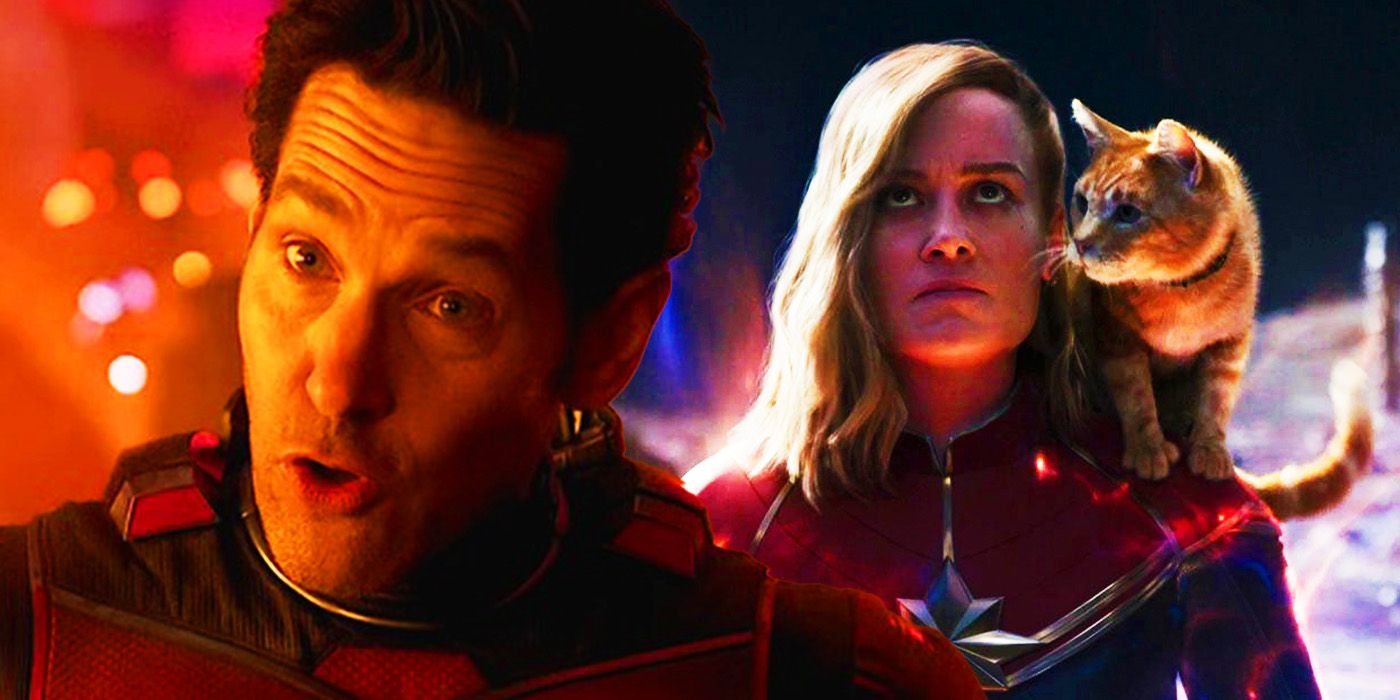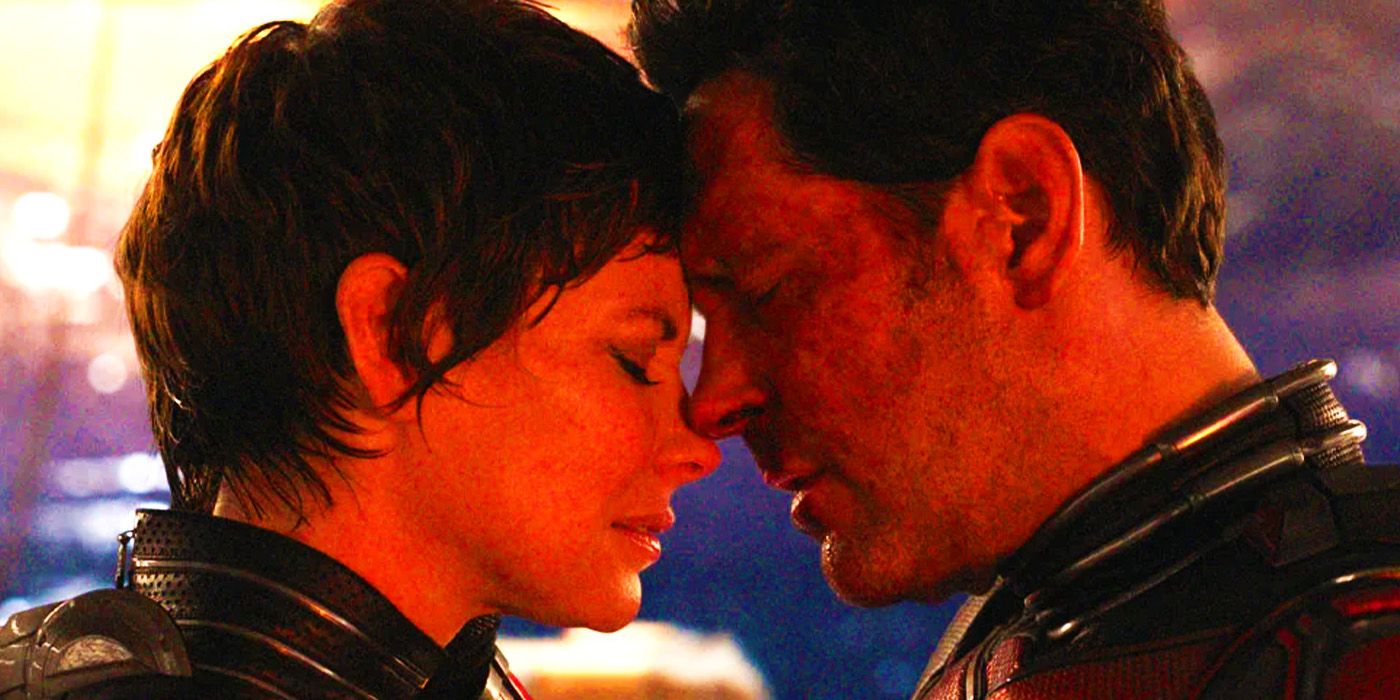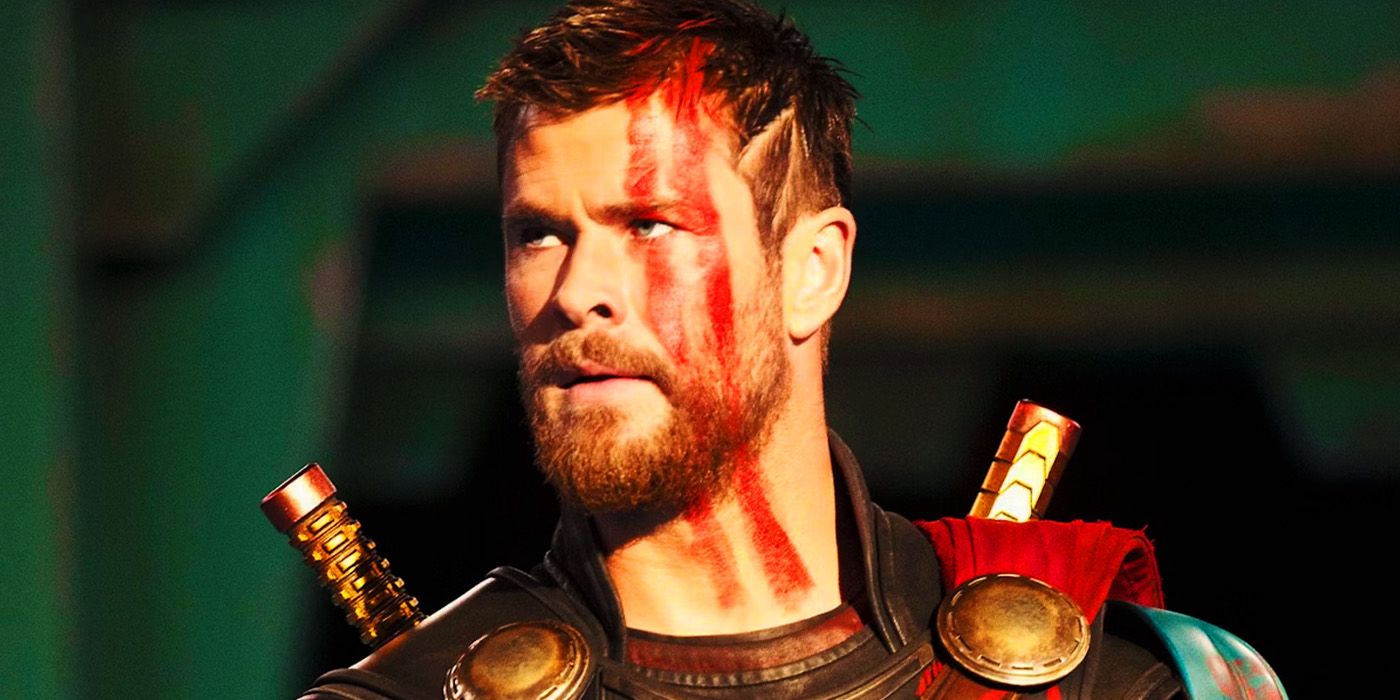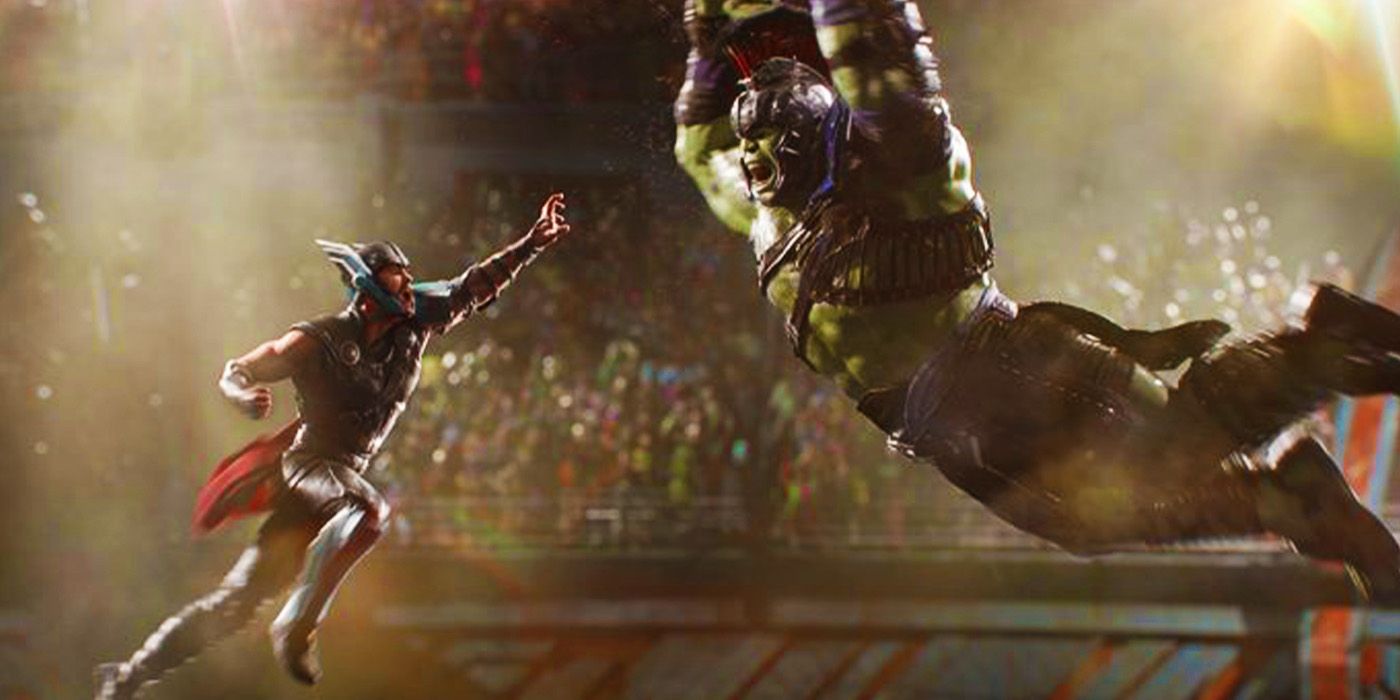Marvel Studios is reportedly going to be taking fewer risks in the MCU’s future, but one previous MCU project proves this may not be the best choice.

One previous project in the Marvel Cinematic Universe proves why Marvel Studios needs to continue developing high-risk projects, rather than scaling these down. Over the last 16 years, Marvel Studios’ MCU has grown exponentially, adapting dozens of complex characters from Marvel Comics into live-action, and bringing some fantastic adventures to both the big and small screen. However, recent criticisms aimed at Marvel Studios, and a rise in so-called “superhero fatigue”, have left the franchise vulnerable, and contributed to some disappointing box office returns for the MCU’s recent projects. Unfortunately, Disney and Marvel Studios’ solution might not actually solve these problems.
During Disney’s February 2024 earnings call (via The Wrap), CEO Bob Iger unveiled plans to slow down output across the board, but specifically with Marvel Studios. Recent speculation suggests that plans for some upcoming MCU projects have already been canceled or postponed until further notice, with more focus being put on Marvel Studios’ most popular franchises and low-risk projects. Evidently, this may make good business sense, but this plan puts several characters and storylines in jeopardy after Marvel Studios’ recent disappointments, and the success of one previous MCU project proves just how much a good risk can actually pay off.
Marvel is starting to focus on some of its stronger franchises going forward, but I’ll leave it at that. And I think given the environment and given what it takes to get people out of their homes to see a film, doing that, leaning on franchises that are familiar is actually a smart thing. So, we’ve got work to do still. In our zeal to greatly increase volume partially tied to this wanting to chase more global subs for our streaming platform, some of our studios lost a little focus. So the first step that we’ve taken is that we’ve reduced volume, we reduced output, particularly in Marvel.
Captain Marvel & Ant-Man Could Be In Danger After Recent Box Office Disasters

Several of Marvel Studios’ 2023 projects achieved brilliant success, with Guardians of the Galaxy Vol. 3 grossing over $850 million at the global box office, and Loki and What If…?‘s second seasons both being highly-praised. However, two 2023 installments failed to match up to this success, as both Ant-Man and the Wasp: Quantumania and The Marvels were box office disappointments, potentially putting the futures of their titular characters in jeopardy. Currently, no further sequels have been announced for Paul Rudd’s Ant-Man or Brie Larson’s Captain Marvel, and Bob Iger’s recent comments suggest these heroes likely won’t get more solo adventures.
Ant-Man and the Wasp: Quantumania grossed just over $470 million at the box office, and received mixed reviews, with many criticizing the lack of fun compared to Ant-Man’s previous MCU projects. While The Marvels fared better among audiences, the movie only racked up $206.1 million on a budget of $274.8 million gross, making it a box office bomb, and the lowest-grossing MCU movie ever. These catastrophic performances perhaps mean the Ant-Man and Captain Marvel franchises won’t be among the list of “popular franchises” that Marvel Studios will be focusing on in the future, but this could be a dire mistake.
Thor: Ragnarok Was A Huge Risk For Marvel Studios, But Paid Off

There is one clear reason why Marvel Studios shouldn’t simply abandon the Ant-Man and Captain Marvel franchises, despite their more recent projects’ disappointing box office returns. Taking bigger risks with their next projects could pay off in spades, just as it did when Thor: Ragnarok released in 2017. Director Taika Waititi rejuvenated the Thor franchise with Ragnarok, which was developed as Chris Hemsworth’s third solo MCU movie as Thor. While both 2011’s Thor and 2013’s Thor: The Dark World were lackluster installments for the Asgardian God of Thunder, Thor: Ragnarok’s risky genre change saw Thor achieve new levels of success.
Had the Thor franchise been abandoned after Thor: The Dark World, which is widely regarded as one of the MCU’s weakest projects, Thor: Ragnarok never would have been developed. Ragnarok became the highest-grossing installment in the Thor franchise, clocking in at $865 million globally, but this wouldn’t have come to fruition had The Dark World convinced Disney to call it a day with Thor. Ragnarok proves that there are huge opportunities and major successes that could be missed if the Ant-Man, Captain Marvel, and other recently-struggling MCU franchises are put on pause, but Marvel Studios should still proceed with caution.
Marvel Studios Needs To Continue To Take Risks With Struggling Franchises, But Also Needs Caution

Marvel Studios shouldn’t shy away from developing new stories in struggling MCU franchises, but more care certainly needs to be taken to deliver these projects properly. Ant-Man and the Wasp: Quantumania lost what made the Ant-Man franchise so enjoyable, while The Marvels perhaps released at the wrong time, hot on the heels of history-making strikes. Recent criticisms have pointed out lackluster scripts, poor visual effects and confusing narratives, so slowing down output in the Marvel Cinematic Universe may be a good choice, as these can be improved. However, this shouldn’t come at the expense of Marvel Studios’ imagination and creativity.